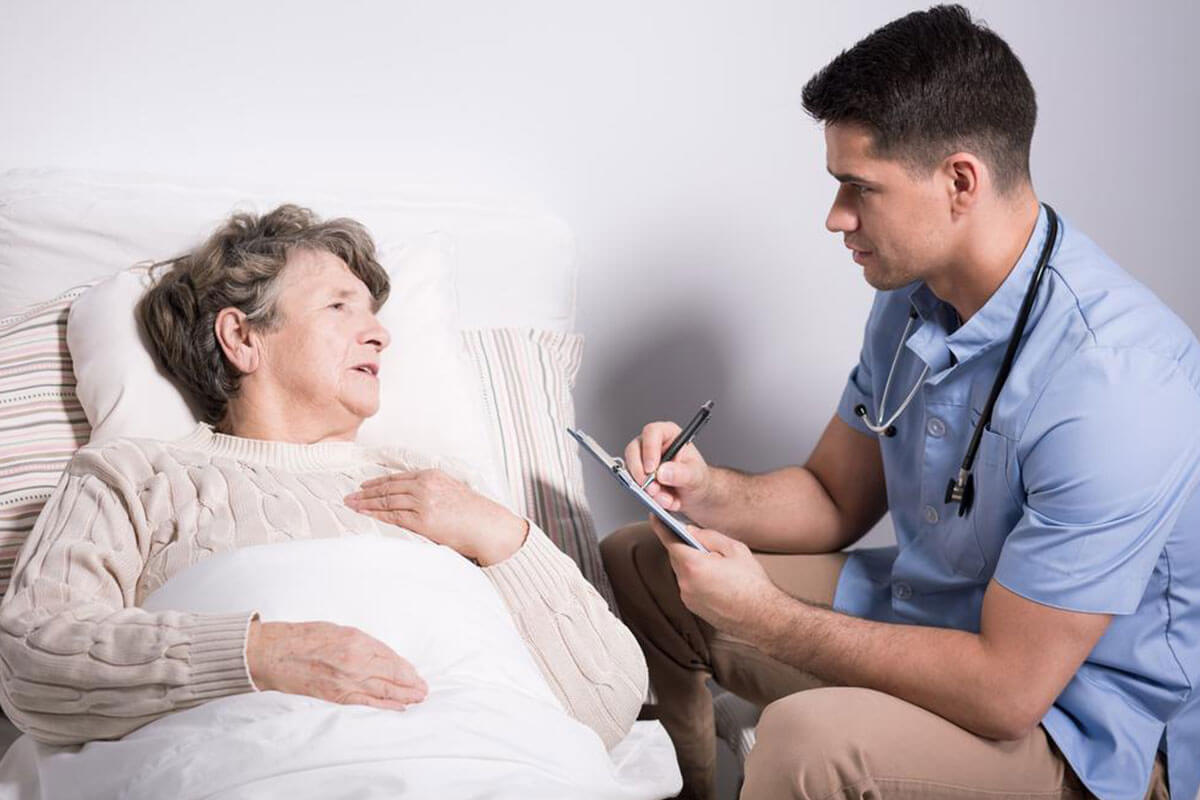Do Not Ignore these Early Alzheimer’s Symptoms

There are various warning signs that may actually be an indication of Alzheimer’s, which you have been brushing off as old age-related problems or stress. Are you or a loved one displaying any of these Alzheimer’s symptoms?
Alzheimer’s disease, a progressive condition that affects memory and important functions of the mind, usually affect the elderly, but can also appear in younger people. This mental disease causes the death of brain cells in a person, which can eventually lead to drastic personality changes and significant memory loss. Alzheimer’s disease is also the leading cause of dementia, a cluster of brain disorders that result in the loss of social and intellectual skills in people.
There is no cure for Alzheimer’s disease, but the proper medications and treatment plan can help in keeping Alzheimer’s symptoms under control. Early detection of this health disorder is crucial as you can get the maximum benefits out of your treatment if you seek medical help during the initial stages of the disease. For this, it is important that you are aware of the Alzheimer’s symptoms, especially the ones that could be warning signs of the onset of the disease. Here are some of the early Alzheimer’s symptoms that you need to look out for in people close to you, whether it is a family member, friend, or even yourself.
- Memory loss that causes problems in daily life
This is one of the most common Alzheimer’s symptoms, yet one that we tend to ignore easily. Every person experiences the occasional memory lapses wherein you forgot where you put your keys, to get the milk from the store, or the name of an acquaintance. However, if your memory loss is due to the onset of Alzheimer’s symptoms, it can be a persistent condition. Notice if you or a loved one constantly loses track of important information, big events, and names of friends and family members. This can turn worse over time and cause a hindrance in everyday life, both at home and the workplace.
- Trouble in completing familiar, daily tasks
When Alzheimer’s symptoms start manifesting in a person, one of the warning signs is that they often find it a challenge to complete familiar and ordinary tasks at home or work. Driving to a familiar location, managing a budget at the office, or remembering the rules of a favorite game—all these things become tough to achieve.
- Difficulty in planning and problem-solving
Alzheimer’s disease can cause difficulties in thinking logically and concentrating, so one of the early Alzheimer’s symptoms that you can notice in a person is that they start having troubles planning something, multitasking, or solving minor problems. These can include following a familiar recipe, keeping track of finances, and balancing a bank statement.
- Sudden problems with words and conversations
People who have Alzheimer’s disease often find themselves struggling with their vocabulary. Observe if you have recently started having difficulties in joining or following a conversation, in finding the right word for something, and calling things by the wrong names. All of these may signal the manifestation of Alzheimer’s symptoms.
- Confusion regarding places or time
Often, a person with Alzheimer’s tends to lose track of the passage of time, dates, and seasons. At times, they forget where they are at the moment or have no recollection of how they reached there.
- Withdrawal from social activities or work
Notice if you or someone you know has suddenly started withdrawing from social activities, regular work projects, or usual sports activities. This may be one of the early Alzheimer’s symptoms, and can also result in you being less interested in your favorite hobbies, sleeping more than usual, and avoiding friends.
- Difficulty in judgment
Alzheimer’s patients can experience changes in their judgment-making capabilities, or find it difficult to make decisions. For example, poor judgment while dealing with money, paying less attention to taking care of yourself, and not dressing according to the season are some of the problems people with Alzheimer’s may display.
- Changes in mood, behavior, and personality
Alzheimer’s symptoms can cause a drastic and sudden change in the mood and personality of a person. Have you been feeling more depressed, anxious, or scared lately? These may be an indication of the onset of Alzheimer’s symptoms. You may also notice yourself or a loved one getting upset at minor things, being suspicious of people, and confused—traits which were not visible earlier.


